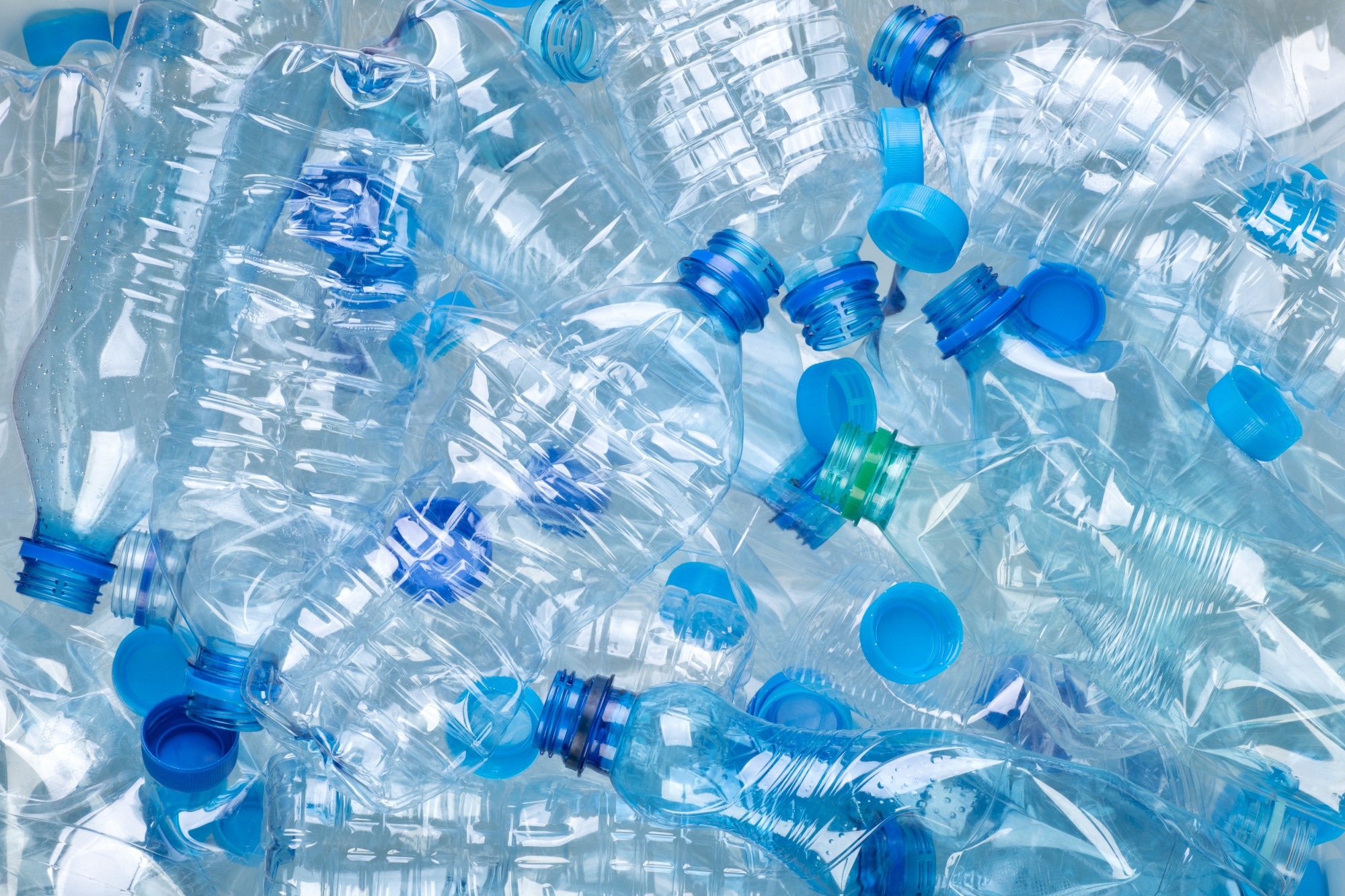Europe's journey towards environmental sustainability is taking a significant turn with the advancement of chemical recycling technologies. A recent study reveals that chemical recycling could contribute up to 34% to the continent's plastic recycling efforts. This innovation, alongside mechanical recycling, is projected to elevate the overall plastic recycling rate to an impressive 80% by 2030.

Image Credit: photka/Shutterstock.com
The study, utilizing material flow analysis (MFA), focuses on the quantitative impact of chemical recycling technologies on Europe's plastic waste management. It analyzes various scenarios, including the current state and potential future developments. The research points to a mix of recycling methods—mechanical and chemical—as the key to achieving higher recycling rates. This holistic approach is critical in tackling the growing plastic waste challenge.
Chemical Recycling Technologies: A Game Changer
Chemical recycling involves sophisticated processes like pyrolysis coupled with distillation and hydrotreatment, as well as gasification combined with Fischer-Tropsch Synthesis. These technologies are pivotal in converting plastic waste into valuable resources, thus playing a crucial role in circular economy efforts.
Chemical recycling, together with mechanical and physical recycling processes scale-up, is vital for EU’s strategic autonomy as waste will be a valuable resource in a circular society we are building now. This is helping the plastics/chemical industry to reduce the dependance on fossil raw materials and associated carbon emissions at the end of use.
Annick Meerschman, Director Innovation in Cefic
According to the European Commission, chemical recycling should be promoted as an additional method for processing waste that is not suitable for mechanical recycling, especially if it results in a lower environmental impact compared to incineration and the production of new plastic.
The study mentioned here does just that, highlighting the promising solution that is chemical recycling and providing evidence toward how it can significantly increase the efficacy of plastic waste management.
The European Scenario and Future Prospects
Europe's current plastic recycling rate is alarmingly low, prompting an urgent need for advancements in recycling technology.
The study conducted at a European level uses material flow analysis modeling to provide estimates of chemical recycling's contribution to enhancing plastic circularity. It models a status quo for 2018 and compares it with potential future scenarios for 2030, considering developments in both mechanical and chemical recycling technologies.
The results indicate a substantial increase in end-of-life recycling rates, with the most optimistic scenario showing a combined plastic-to-plastic and plastic-to-chemical recycling rate of 73-80%.
An intriguing aspect of the study is its consideration of 'missing plastics'—plastic waste that is generated but not currently accounted for in recycling statistics. Addressing these missing plastics could be crucial for achieving recycling targets.
The study suggests that closed-loop recycling processes, along with the inclusion of missing plastics, will be necessary to meet the set goals.
A Greener Future with Chemical Recycling
The findings from this study underscore the vital role chemical recycling could play in transforming Europe's approach to plastic waste management.
This study indicates that adopting chemical and solvent-based recycling methods can significantly enhance the end-of-life recycling rate for plastics. With the integration of plastic-to-plastic and plastic-to-chemicals recycling processes, particularly through chemical recycling, the recycling rate can potentially increase to 80%.
Thus, by integrating CR technologies, Europe can not only improve its recycling rates but also move closer to a circular economy, where waste is minimized, and resources are used more efficiently. This transition is essential not just for environmental sustainability but also for economic resilience and innovation in the waste management sector.
References and Further Reading
-
Lase, I.S. et al. (2023) ‘How much can chemical recycling contribute to plastic waste recycling in Europe? an assessment using Material Flow Analysis Modeling’, Resources, Conservation and Recycling, 192, p. 106916. Available at: https://biblio.ugent.be/publication/01GTBQGAEYDHD00E7FQ6FYDH1R.
-
EU Chemical Industry Transition pathway (2023) EU Chemical Industry Transition Pathway. Available at: https://transition-pathway.cefic.org/ (Accessed: 21 November 2023).
-
(2023) Environmental and economic assessment of plastic waste recycling. Available at: https://publications.jrc.ec.europa.eu/repository/bitstream/JRC132067/JRC132067_01.pdf (Accessed: 21 November 2023).